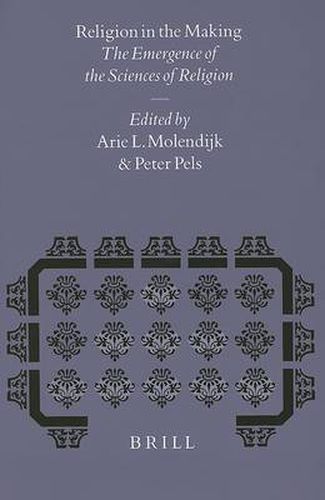Readings Newsletter
Become a Readings Member to make your shopping experience even easier.
Sign in or sign up for free!
You’re not far away from qualifying for FREE standard shipping within Australia
You’ve qualified for FREE standard shipping within Australia
The cart is loading…






This volume explores the ways in which religion became the object of scientific research in the 19th and early-20th centuries. Most obvious is the development of an incresaingly autonomous science of religion (with founding fathers like Max Muller and C.P. Tiele). However, within anthropology (Tylor, Frazer), sociology (Durkheim, Max Weber), and psychology (William James), religion also came to be seen as a separate entity to be studied comparatively. To capture this wide field, this volume focuses on the emergence of the discourse on religion in a broad academic context, among different disciplines. The emphasis is on general socio-historical developments, rather then on individual biographies. Part I deals with the institutionalization of science of religion in France, Britain and the Netherlands. Part II focuses on boundary disputes between the emerging sciences of religion . Part III examines new conceptualizations of religion underlying the new endeavour ( ritual , magic , and survival ).
$9.00 standard shipping within Australia
FREE standard shipping within Australia for orders over $100.00
Express & International shipping calculated at checkout
This volume explores the ways in which religion became the object of scientific research in the 19th and early-20th centuries. Most obvious is the development of an incresaingly autonomous science of religion (with founding fathers like Max Muller and C.P. Tiele). However, within anthropology (Tylor, Frazer), sociology (Durkheim, Max Weber), and psychology (William James), religion also came to be seen as a separate entity to be studied comparatively. To capture this wide field, this volume focuses on the emergence of the discourse on religion in a broad academic context, among different disciplines. The emphasis is on general socio-historical developments, rather then on individual biographies. Part I deals with the institutionalization of science of religion in France, Britain and the Netherlands. Part II focuses on boundary disputes between the emerging sciences of religion . Part III examines new conceptualizations of religion underlying the new endeavour ( ritual , magic , and survival ).